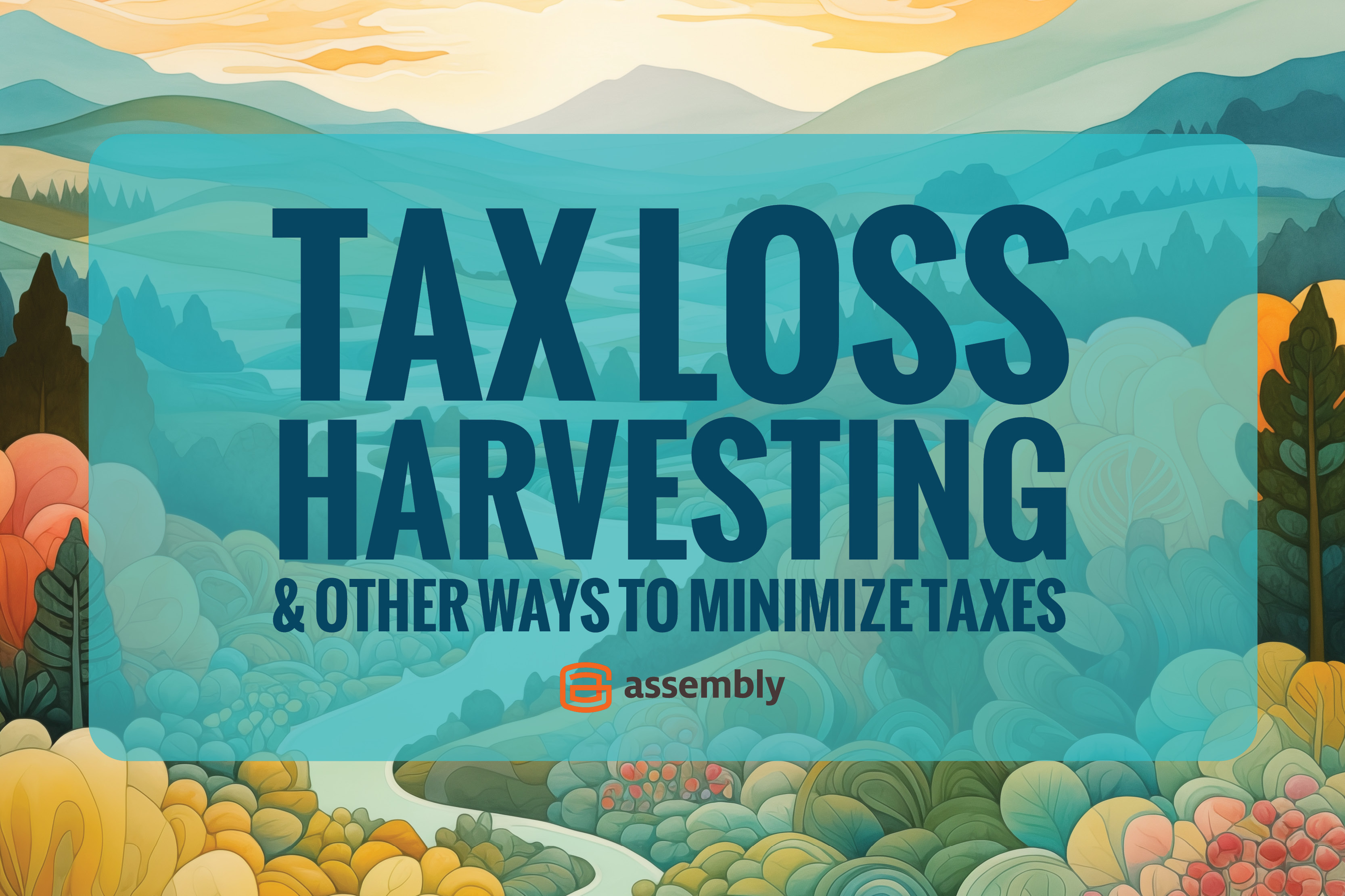4 min read
Tax Loss Harvesting and 5 Other Ways to Minimize Taxes
There’s no such thing as a one-size-fits-all financial strategy. A solution that works for someone with a diverse portfolio won’t be a good fit for someone with a high percentage of their wealth in real estate, private equity or company stock. On...
Read More







